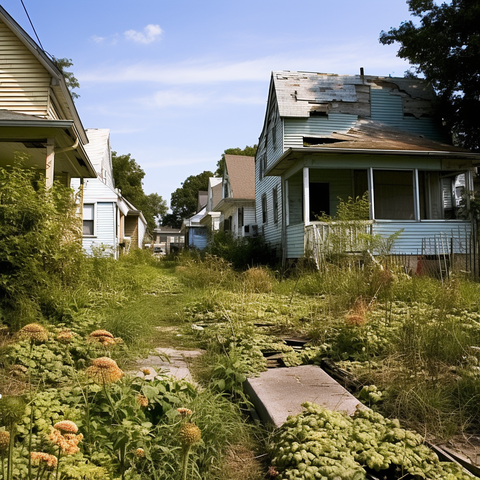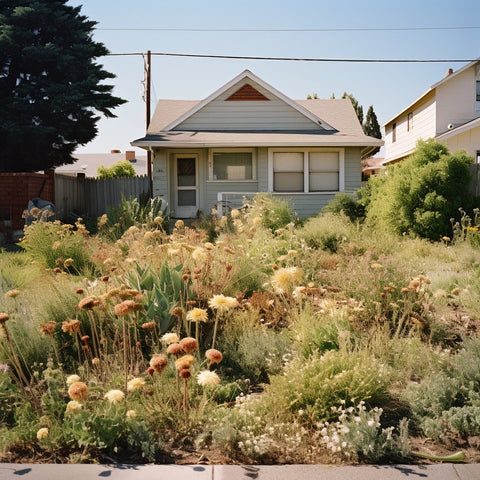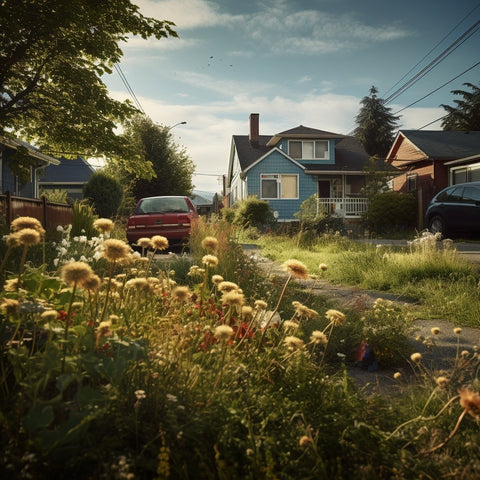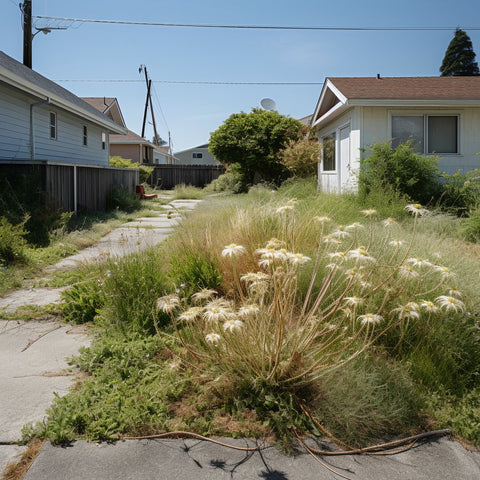- Introduction
- The Role of Gardeners in Maintaining a Beautiful Garden
- The Menace of Weeds: Understanding the Enemy
- Strategies Employed by Gardeners a. Natural Pest Control b. Pruning and Maintenance c. Choosing the Right Plants
- The Weeds' Arsenal: Survival Tactics
- A Battle of Resources: Water, Nutrients, and Sunlight
- Gardeners' Ultimate Weapon: Organic Gardening
- The Importance of Timing
- Weed Management Techniques a. Mulching b. Hand Weeding c. Chemical Solutions
- Sustainability in Gardening
- The Never-Ending War
- Benefits of a Well-Maintained Garden
- The Satisfaction of Victory
- Conclusion
- FAQs
Introduction

In the serene realm of gardens, there exists an ongoing battle, a war of epic proportions – Gardeners vs. Weeds. This timeless struggle has raged for centuries, as gardeners aim to cultivate lush and vibrant gardens, while weeds, the persistent adversaries, seek to overrun and conquer the same fertile soil. In this article, we'll delve into this fierce clash of greenery and explore the tactics employed by both sides to achieve victory in their own right.
The Role of Gardeners in Maintaining a Beautiful Garden

Gardeners are the valiant protectors of nature's beauty. They take on the responsibility of sowing seeds, nurturing plants, and taming the wild forces of nature to create a stunning and harmonious garden. Their efforts are akin to the architects of a masterpiece, crafting a canvas of colors and fragrances that soothe the soul.
The Menace of Weeds: Understanding the Enemy

Weeds, on the other hand, are nature's opportunists. They invade gardens without invitation, disrupting the order and beauty that gardeners tirelessly cultivate. Understanding the nature of weeds is the first step in waging a successful battle against them. Weeds are hardy, fast-growing plants that compete for essential resources like water, nutrients, and sunlight.
Strategies Employed by Gardeners
-
Natural Pest Control: Gardeners often rely on beneficial insects and animals to control pests that can harm their plants. Ladybugs, for instance, feed on aphids, safeguarding the garden from potential threats.
-
Pruning and Maintenance: Regular maintenance, including pruning and deadheading, helps keep plants healthy and vigorous. This limits opportunities for weeds to establish themselves.
-
Choosing the Right Plants: Opting for native and pest-resistant plant species is a smart strategy. These plants are better equipped to withstand weed invasion.
The Weeds' Arsenal: Survival Tactics

Weeds have developed numerous tactics for survival, including prolific seed production, rapid growth, and an ability to thrive in adverse conditions. They are persistent foes in this never-ending war.
A Battle of Resources: Water, Nutrients, and Sunlight

Gardeners and weeds both vie for precious resources. Gardeners aim to provide their cultivated plants with these necessities, while weeds aggressively absorb them for their own survival.
Gardeners' Ultimate Weapon: Organic Gardening

Organic gardening is a powerful strategy. It involves using natural substances like compost, mulch, and beneficial microorganisms to improve soil health and discourage weeds, all while minimizing harm to the environment.
The Importance of Timing

Timing is crucial in this war. Gardeners must be proactive, addressing weed issues early in the season to prevent them from gaining the upper hand.
Weed Management Techniques
-
Mulching: A layer of mulch helps suppress weed growth by blocking sunlight, preventing their emergence.
-
Hand Weeding: While time-consuming, hand weeding is an effective method for removing weeds without harming desirable plants.
-
Chemical Solutions: In extreme cases, gardeners may resort to herbicides, but they should be used sparingly and with caution.
Sustainability in Gardening

Sustainability is a growing concern in modern gardening. Gardeners are increasingly adopting eco-friendly practices, like rainwater harvesting, to reduce their environmental footprint.
The Never-Ending War

The battle between gardeners and weeds is a relentless one, a testament to the enduring spirit of both sides. It's a battle gardeners are committed to winning, season after season.
Benefits of a Well-Maintained Garden

A beautifully maintained garden offers more than just visual pleasure. It provides a sanctuary for relaxation, a habitat for beneficial insects, and a source of fresh produce, making the war against weeds worth the fight.
The Satisfaction of Victory

For gardeners, each weed pulled, each plant nurtured, is a step closer to victory. The satisfaction of seeing a thriving garden is the ultimate reward for their efforts.
Conclusion

In the Gardeners vs. Weeds war, the outcome is never certain, but it's a war gardeners are determined to fight. As they use their knowledge, experience, and dedication to protect their gardens, they contribute to the ongoing saga of the battle between order and chaos in nature.
FAQs
-
What are some natural methods to control weeds in a garden? Natural methods for controlling weeds in a garden include mulching, hand weeding, and using beneficial insects. Mulching with organic materials like straw or wood chips can suppress weed growth by blocking sunlight. Hand weeding involves physically removing weeds from the soil. Additionally, introducing beneficial insects like ladybugs can help keep pest populations in check, indirectly reducing weed pressure.
-
How do weeds impact the health of other garden plants? Weeds can negatively impact the health of other garden plants in several ways. They compete with desirable plants for essential resources such as water, nutrients, and sunlight. Weeds can also serve as hosts for pests and diseases, potentially transferring these issues to your cultivated plants. Additionally, some weeds release harmful chemicals that can inhibit the growth of neighboring plants.
-
Is chemical weed control safe for the environment? The safety of chemical weed control depends on the specific herbicides used and how they are applied. While some herbicides can effectively control weeds, they may have environmental and health risks if overused or misapplied. It's important to follow manufacturer instructions and consider alternative, less-toxic methods whenever possible to minimize the environmental impact.
-
Can gardening be a sustainable and eco-friendly practice? Yes, gardening can be a sustainable and eco-friendly practice. Gardeners can adopt eco-friendly techniques like organic gardening, composting, rainwater harvesting, and using native plant species. These practices minimize environmental impact, reduce waste, and support biodiversity, making gardening more sustainable.
-
What is the best time of year to wage war against garden weeds? The best time to combat garden weeds depends on your location and the specific weeds you are dealing with. However, early spring and late summer are typically the most critical periods when weeds are actively growing. It's essential to address weed issues early in the growing season to prevent them from gaining a foothold in your garden.


